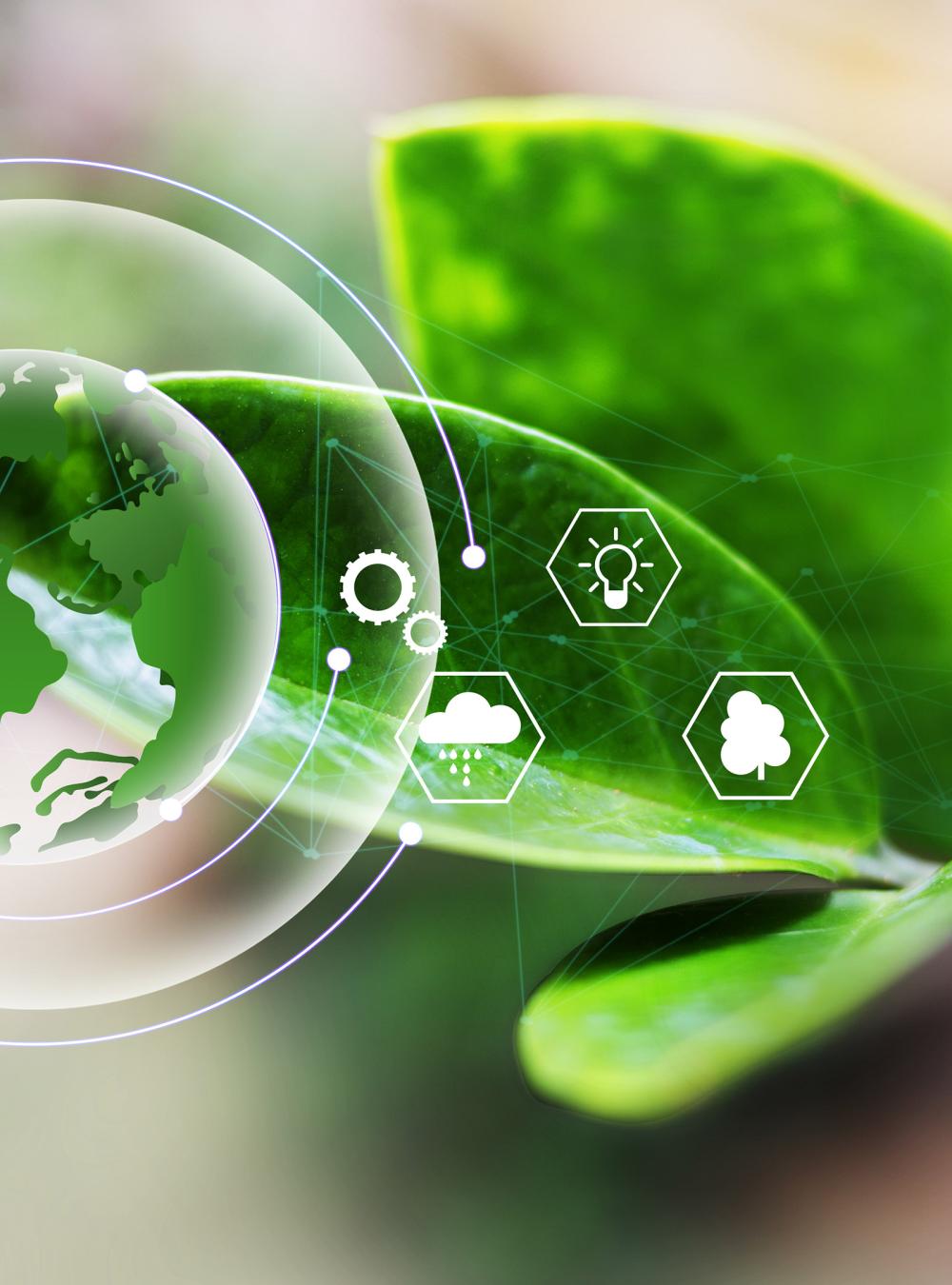Implementing principles of circular economy can improve environmental security, with key opportunities across the Departments of Defense, Commerce, and Health and Human Services, as well as other departments and agencies.

Addressing Global Environmental Security Challenges Through Circular Economy Initiatives
The global supply chain is a complex system-of-systems and is increasingly vulnerable to resource insecurity and climate change impacts. Impacts are not linear and have various cascading components that can perturb a supply chain well beyond the initial event or node failure, including outside regions of local, state, and even federal government control.
Applying circular principles to the sectors of the U.S. supply chain driven by the purchasing power of the federal government will help accelerate a more sustainable and resilient economy while improving U.S. environmental security and decreasing pressure on global bio-geophysical systems. Recommended whole-of-nation next steps include adoption of a material and product circularity index, piloting of a real-time supply chain tracking system, and support for ISO standards-based approach to circularity.